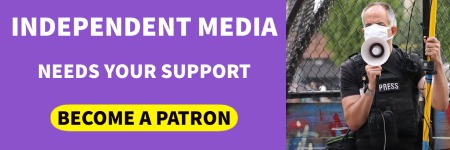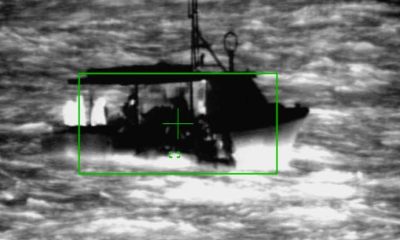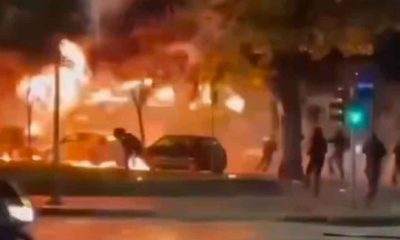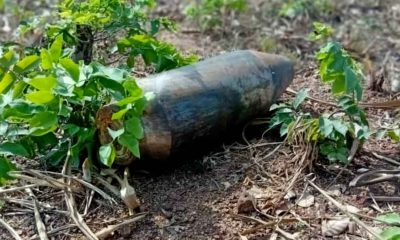International News
Israeli Defense Forces Defy Ceasefire Deadline in Lebanon
The IDF will maintain its military presence in five strategic areas in southern Lebanon.
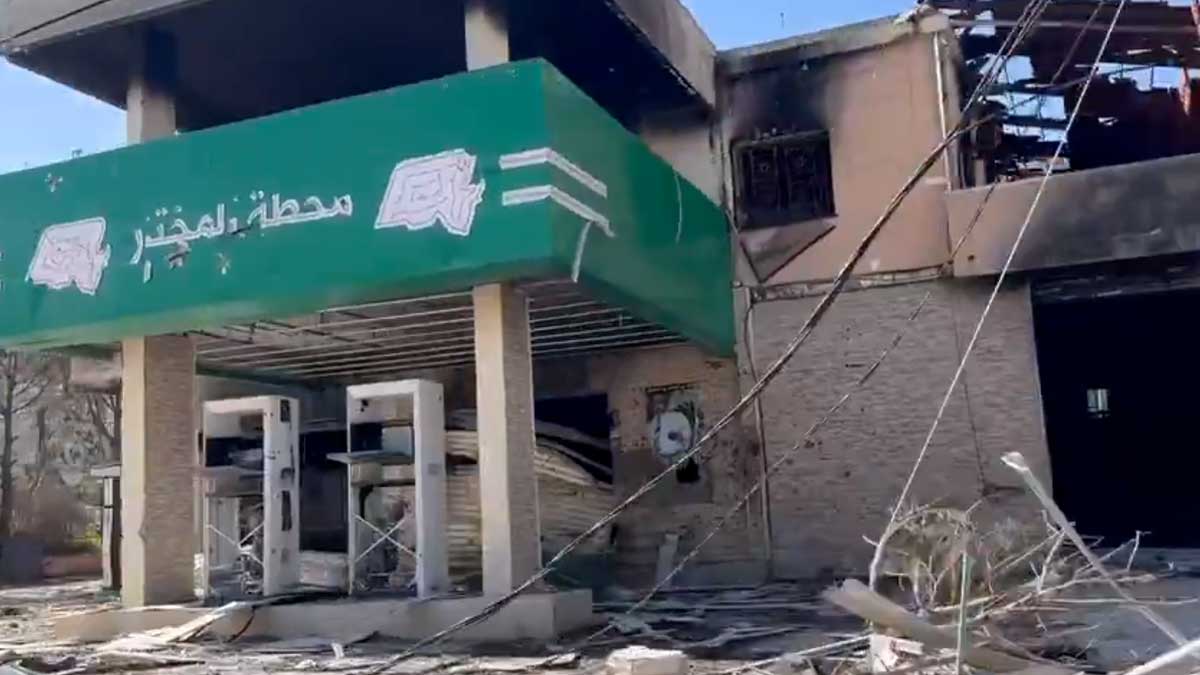
[WBHG NEWS] – Israel announced it would defy the ceasefire deadline it agreed to with Lebanese Hezbollah and Lebanon, which was already extended to 18 February last month.
Lieutenant Colonel Nadav Shoshani, the IDF spokesperson, said that the Israeli Defense Forces (IDF) would remain “so we can continue to defend our residents and to make sure there’s no immediate threat.”
“We will leave small amounts of troops deployed temporarily in five strategic points along the border,” Shoshani added.
Israeli decided to ignore the withdrawal deadline last week with the backing of the United States. Last Thursday, Nabih Berri, the speaker of Lebanon’s parliament, said that after the U.S. notified him of Israeli’s plan, he rejected it. “I refused to talk about any deadline to extend the withdrawal period.”
The Lebanese Army confirmed that overnight, IDF forces withdrew from over a dozen towns, including Aabbasiyyeh, Majidieh, Kafr Kila, Marjaayoun, Odaisseh, Markaba, Houla, Mays al-Jabal, Blida, Mahbib, Maroun al-Ras, Yaron, Bint Jbeil, Kfar Shouba, and several small villages near the U.N. Blue Line border.
Starting on 8 October 2023, the day after a brigade-sized force of the Hamas-aligned Al Quds Brigade invaded Israel, Hezbollah started artillery, drone, rocket, and anti-tank guided missile (ATGM) strikes on northern Israel, with the blessing of the Iranian Islamic Revolutionary Guard Corps (IRGC), and the political blessing of the Supreme Leader of Iran, Ali Khamenei.
Israel significantly increased military pressure in southern Lebanon after the 27 July 2024 Hezbollah rocket attack on Majdal Shams in the disputed Golan Heights, which killed 12 ethnic Druze children and wounded 42 who were playing on a soccer pitch.
On 17 September, Israel executed a targeted attack on Hezbollah’s command and control structure using pagers and two-way radios packed with explosives. Over 4,000 militants were wounded in less than 48 hours, and up to a dozen non-combatants were killed, including a child. The attacks decapitated Hezbollah’s command, control, and communication capabilities, setting conditions for a 1 October land invasion. Seven weeks later, the U.S. and France brokered the three-way ceasefire.
The original ceasefire was between Israel, Hezbollah, and the Lebanese government and went into effect on 27 November. Hezbollah agreed to fully withdraw to the north of the Litani River within 60 days and end attacks on northern Israel. Lebanon agreed to deploy 10,000 members of the Lebanese Army south of the Litani River to the U.N. Blue Line, which established the border between Israel and Lebanon in 2000. Israel agreed that it would stop attacks on Hezbollah and fully withdraw its forces from Lebanon by 26 January.
Although the ceasefire held, there were hundreds of violations by Israel and Hezbollah, with dozens of Lebanese civilians killed. In mid-January, Israel accused the Lebanese government of not deploying troops fast enough and having elements within the government aiding Hezbollah. Through last-minute diplomatic efforts, an agreement was reached by all parties to extend the ceasefire to the 18th.
The IDF has continued to conduct periodic airstrikes and military raids on Hezbollah militants and their ammunition depots. The Israeli Air Force has also carried out airstrikes on the Syria-Lebanon border, possibly in support of Syrian forces fighting Iranian-backed Hezbollah militants in the country’s west.
Since the September pager attacks, Hezbollah has suffered a series of political and military blows. Joseph Aoun became Lebanon’s first president in two years and is an outspoken critic of the terrorist organization. The December collapse of the Bashir al-Assad regime in Syria severed critical Hezbollah supply lines between Iran and Lebanon that were used to move militants, advisors, weapons, and money.
Despite Israel’s refusal to withdraw, there are no indications that major fighting is going to restart. The U.S., U.N., and France signaled their view on Israel’s actions is ambivalent and have not made any demands for Israel to complete its withdrawal immediately.

